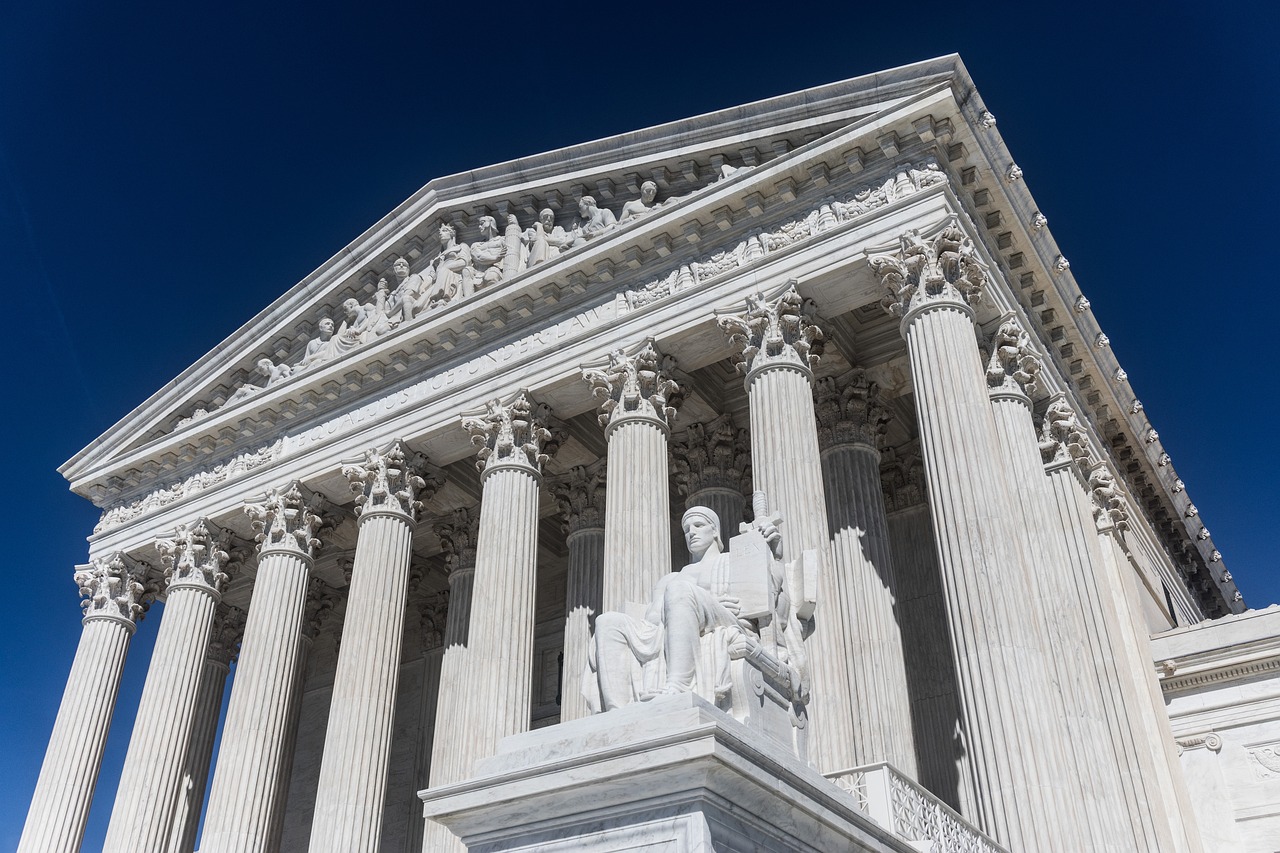On cases from abortion to guns, religion and the environment, history will no doubt remember the previous Supreme Court term that in last June as consequential, especially for conservatives.
And if recent history holds up, the court’s six Republican nominees will continue to move the law to the right as a new Supreme Court term gets underway this week.
While the court has ruled in favor of liberal legal positions in some recent terms, the question as the court takes up a docket filled with contentious cases is whether Chief Justice John Roberts can steer the court back to the incremental approach he seems to prefer.
Cases this term include a revisit of the Second Amendment, the power of unelected government officials and how free speech plays out on social media platforms.
Tara Grove, the Vinson & Elkins chair in law at UT Austin, said the Second Amendment case on whether domestic abusers can own guns has her attention this term. That case comes out of the Fifth Circuit in Texas and puts to the test a precedent the court set in 2022.
“The question is really, what does the Supreme Court’s 2022 decision in the Bruen case actually mean? The court said ‘You’ve got to look to history to figure out whether the government can regulate weapons. You’ve got to find some sort of historical analogy to a modern-day regulation,’” she said. “The question before the court in the Rahimi case (this term) is what about laws that say people who have committed domestic violence can’t have weapons?”
Grove said the court might be in a tough position based on its own recent ruling.
“There is no direct analogy prohibiting people who’ve committed domestic violence back from 1789 or 1791, because that kind of crime wasn’t recognized at that time. And so I think the court is sort of faced with a question, what does its own precedent actually mean?” she said. “I think it will be very hard for the court to strike down Congress’s law, saying people who have domestic violence orders against them can’t buy weapons. But it’s hard to see how the court gets there from its 2022 precedent.”
» GET MORE NEWS FROM AROUND THE STATE: Sign up for our weekly ‘Talk of Texas’ newsletter
Another big case with Texas ties deals with how social media platforms moderate speech.
“States like Texas have passed laws limiting social media ability to kind of kick off people from their platforms who the social media companies think are misstating facts or misrepresenting things. And states like Texas are saying, well, you can’t do that. You can’t just kick people off the platform,” Grove said. “The social media companies have a pretty strong First Amendment argument that they can. So these social media companies are not the government, so they are not themselves regulated by the First Amendment free speech clause.”
The Supreme Court will also hear a case that has made a lot of headlines already this year: whether the Food and Drug Administration’s 20-year-old approval of the abortion drug mifepristone should stand.
A federal judge in Amarillo ruled to suspend the FDA approval of mifepristone in April, though the drug has remained available as the litigation continued.
“My guess is that the Supreme Court is going to dismiss the case for lack of jurisdiction under a doctrine called standing,” Grove said. “It’s actually really hard for people to go to court and complain about the way that the government does or does not regulate somebody else. And that’s really what this case is about. It’s a group of doctors who are complaining about the FDA’s decision to allow mifepristone, and they have some arguments as to how they’re affected by that. But my guess is that a majority, the Supreme Court will dismiss the case on jurisdictional grounds and won’t actually reach the merits.”
Grove said she is also interested in a series of cases that could change how the government is able to enforce regulations.
“I’m watching the cases involving the administrative state,” she said. “There’s a real risk that the Supreme Court is going to do some real damage to the government’s ability to regulate in this country.”














